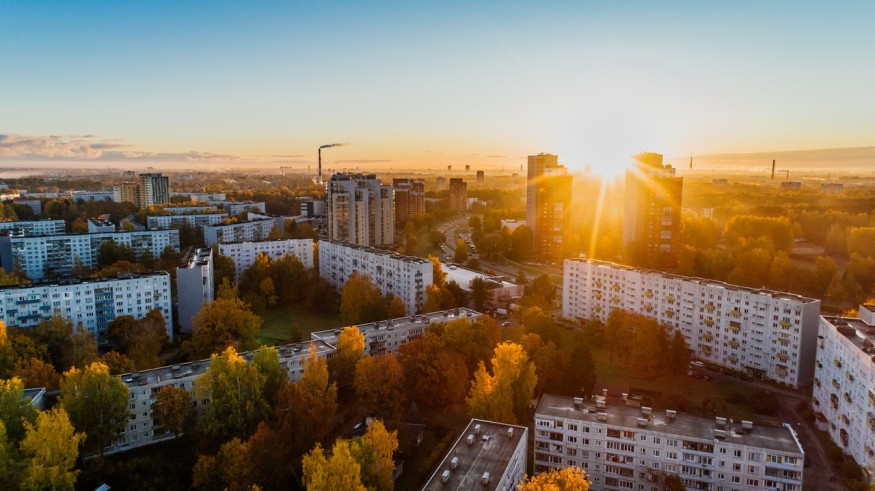
For many in the real estate business, few investment opportunities have proven as lucrative as urban development projects. With that said, the successful buying and selling of urban property - particularly in up-and-coming neighborhoods - requires grit, patience, and specialized business savvy.
For those interested in giving this trending investment opportunity a try, the following are five realities of urban real estate development worth knowing before getting started:
Mixed-Use Makes Sense
Traditional single-use property development is slowly going the way of the dodo in most major cities. Residents and community leaders increasingly prefer a mix of commercial and residential, and private developers should be prepared to meet those demands. Whether it's one of the Manhattan high-rises seen on HFZCap.com or a three-story complex owned by a first-time developer, the chances of it being a mixed-use development, as opposed to single-use, are very high. Prospective urban developers will likely benefit from pursuing similar projects.
Hard Work Pays Off
Most urban real estate development opportunities come in the form of fixer-uppers. Property investors - especially those with a hands-on approach to their projects - need to be prepared to work hard. Sleep will be sparse, leisure time will disappear, and work-life balance will probably take a hit. However, all that hard work eventually pays off. Setbacks and struggles are part of the business; the same goes for your ability to persevere.
Historical Has an Edge
Newly built developments are always popping up across most major cities, which means a premium gets placed on historical structures. Most communities are willing to offer tax credits and other incentives for developers who opt to preserve and protect historic buildings. The desire for historical preservation is so strong in most cities that real estate investment trusts tend to perform better when connected to historic urban redevelopments.
Zoning is Everything
It's critical to learn about the local zoning laws before embarking on an urban property development project. The zoning restrictions imposed on property developers vary from city to city. For example, Houston is known for its lax zoning laws, while New York and Chicago are notoriously strict about what can be built where. In most cases where the building project doesn't fit the zone, community leaders can be brought in to decide on making an exception. But again, that will depend on the city and the development project being pitched to the community.
Be in It for the Long-Haul
Pursuing urban real estate investment is not for the home-flipper crowd. There won't be a quick turnover, especially if it takes months to get an urban development up to code and ready to be occupied. If you're looking for fast cash, then consider looking to other real estate investment opportunities. Urban property ownership - even on the investor level - is often years in the making. With that said, the time and effort involved usually mean a greater chance for more lucrative returns.
The thought of investing in big-city property development is an exciting prospect for many real estate investors. However, achieving success will require careful planning and detailed knowledge about the locations in question. It's a lot to take in, but it's also a lot to gain if done the right way.
© 2026 Realty Today All rights reserved. Do not reproduce without permission.



